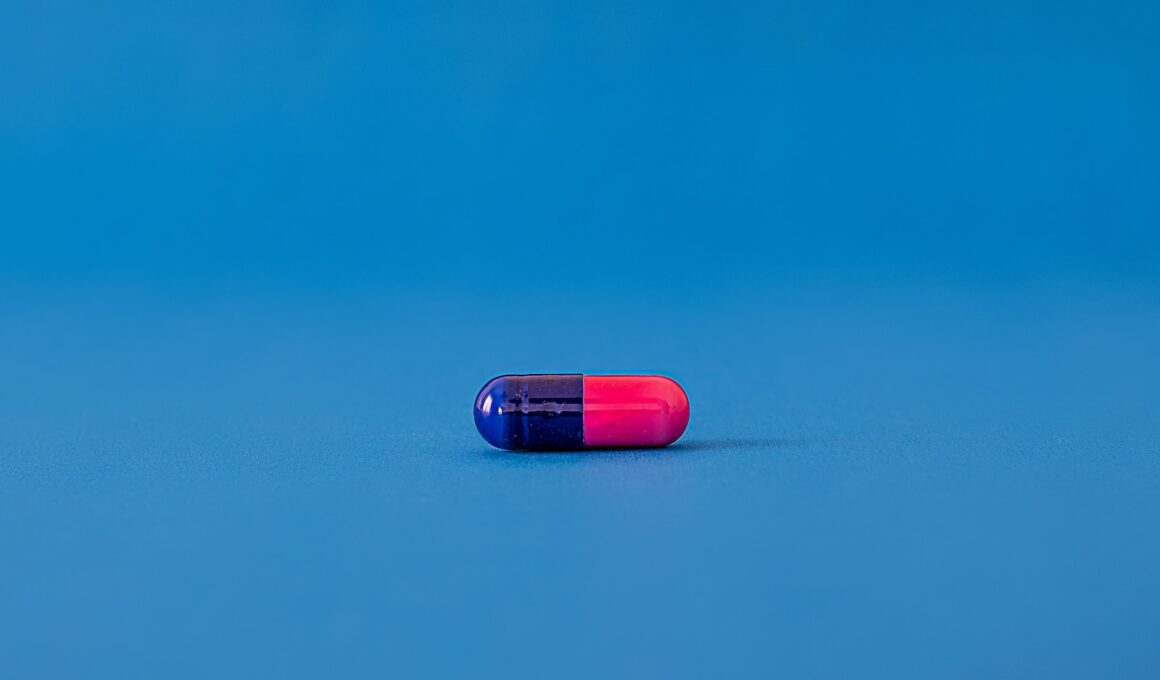Fluconazole is a prescription antifungal medication that works to treat vaginal yeast infections and oral thrush. It is also used to prevent candidiasis in people with weakened immune systems, such as cancer patients or those who have received bone marrow transplants.
Before taking fluconazole, tell your doctor about any other medications you are taking, including vitamins and herbs. Also, avoid drinking grapefruit juice while taking this medication.
Vaginal suppositories
Vaginal suppositories are solid medications that can be inserted directly into the vagina to treat an infection. They are typically used to treat bacterial vaginosis, yeast infections, and vaginal dryness. They are available at most pharmacies without a prescription.
They are usually stored in a cool place to prevent them from melting before use. They should be inserted into the vagina at least 10-15 minutes before sexual activity to allow time for the spermicide to dissolve. Once the suppository has dissolved, it should create a foam substance that blocks the entrance to the cervix, and it will immobilize and kill sperm before they can enter the womb – This section comes from the portal’s editor https://tubeallsex.com.
While using a vaginal suppository, women should wear a sanitary pad to protect the undergarments and bed linens from leaks. It is also a good idea to wash the applicator before and after using it to avoid cross-contamination. Vaginal suppositories can be difficult to insert, so it is best to use them at night before sleep.
Research has shown that the shape and size of a vaginal suppository can affect its acceptability. This is because the shape and size communicate intrinsic factors like intended functionality, anticipated leakage, and anticipated awareness of product residency in the body. In addition, they can convey extrinsic factors such as expected ease of insertion and handling, effectiveness, and sexual activities other than vaginal intercourse.
Vaginal gels
Some vaginal gels claim to tighten the vulva, and many women report feeling a difference after using these products. However, these claims aren’t backed by science. Moreover, these gels could actually be harmful to your health. If you’re a woman who uses these products, it’s best to consult with your gynecologist before trying them again.
Phexxi is a new prescription vaginal gel that prevents pregnancy by blocking sperm from getting to an egg. It comes in a pre-filled applicator that you put into your vagina one hour before sex. It can be used alone or with a condom, internal condom, or diaphragm for extra protection against pregnancy. You should also avoid alcohol, caffeine, and fatty foods while taking this medication.
Metronidazole gels are usually prescribed to treat bacterial vaginosis (BV) in non-pregnant women. This infection is caused by an imbalance of bacteria in the vagina, and it can cause a thick white vaginal discharge with a strong fishy smell.
Some over-the-counter metronidazole products are also used to treat yeast infections. These medications work by affecting the good bacteria that normally keep yeast from overgrowing in the vagina. Yeast infections can cause itching, burning, and pain in the vulva. The treatment for these infections includes taking antifungal medicines and practicing safe sex. It’s important to use a condom when having sex, especially if you’re on antibiotics.
Vaginal creams
If you have a yeast infection, your doctor may prescribe you a vaginal cream to treat it. Clotrimazole is a type of antifungal medication that works to relieve symptoms such as itching, burning, and dryness. The cream can also reduce symptoms such as vulvar discharge and painful intercourse. It is important to follow the instructions on the label for use. It may take up to 3 days for the cream to work, so it is a good idea to use barrier protection (such as a condom) while you are taking it.
Clotrimazole creams and suppositories are usually made with oil, so they can damage rubber products such as latex condoms, diaphragms, and cervical caps. This can decrease their ability to prevent pregnancy and sexually transmitted infections. These medications should not be used by women who are pregnant or breastfeeding, as they can pass into breast milk in small amounts and harm an unborn baby.
Yeast infections are caused by overgrowth of the fungus Candida. Most can be treated with an over-the-counter antifungal vaginal cream or suppository. The most common over-the-counter brand is Monistat 1. This product is designed to stay inside the vagina for 7 days. It is most effective when applied at bedtime.
Another option is Diflucan, a tablet that can be taken by mouth. This medication can cure most yeast infections and it can be used any time of day or night. However, it is important to know that this drug can affect fertility and should not be used by women who are pregnant, breastfeeding, or planning a pregnancy.
Vaginal sprays
This antifungal spray contains clotrimazole and lactic acid. It is effective for treating vaginal candidiasis. Its metered dosing spray nozzle delivers an accurate amount of the medication to reach deep into the vulva. The container also has a tapered tip to make it comfortable to apply.
The spray can be applied before getting intimate or after a shower. It has a mild fragrance and is non-irritating. It should be used on a daily basis. However, you should not use it before or after a sexual intercourse. Using it too soon may cause irritation.
Sex and genital activities can change the pH balance in the vagina, making it easier for yeast to grow. This increased risk of infection is also associated with other factors that affect body chemistry, including stress, pregnancy, weak immune system, health conditions such as diabetes, and the use of birth control pills or scented hygiene products.
The CDC recommends waiting until the yeast infection is completely cleared before engaging in sexual activity. This will help reduce the risk of a new infection. Additionally, you should use protection such as condoms during sexual activity to further reduce the risk of an infection. You should also avoid scented products and clean the external vulva area with water or unscented soap. This will help prevent yeast infections and other bacterial infections.









